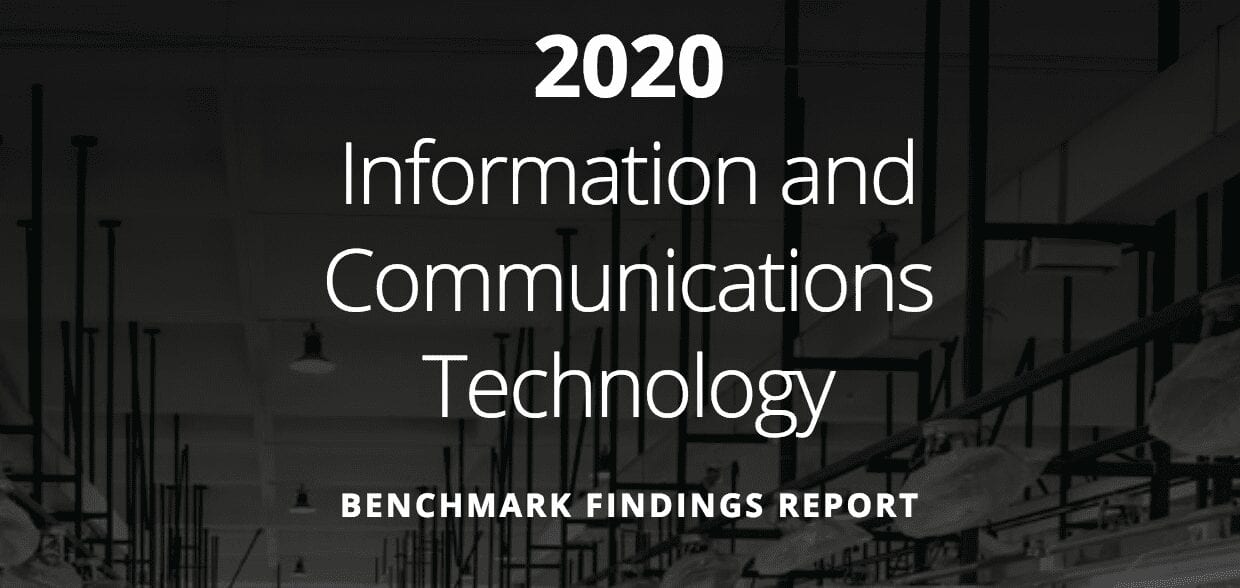
2020 ICT Benchmark Findings Report
The global electronics sector is comprised of powerful corporations—the 49 largest information communications and technology (ICT) companies have a combined market capitalization of US$5 trillion and combined annual profits of almost US$1 trillion.1 This brings with it a duty to prevent and address forced labor in the ICT sector’s supply chains, particularly when crises such as Covid-19 exacerbate factors that render workers vulnerable to forced labor.
KnowTheChain evaluated the 49 largest ICT companies globally on their efforts to address forced labor and human trafficking in their supply chains. The results show that:
• The vast majority of the companies score poorly, with more than three-quarters scoring less than 50%, and with an average score of 30%. These low scores indicate that the majority of these high-profit companies are not doing enough to identify and eliminate the egregious abuse of workers who are manufacturing the products they sell.
• Recruitment: No one should have to pay for a job. Yet this is the reality faced by low-income workers in electronics supply chains, who may have to pay recruitment fees amounting to several times their monthly wages, thus forcing them to work to pay off the debt.Thirty-six of the 49 companies (73%) have a policy prohibiting worker-paid recruitment fees in their supply chains. But company disclosure reveals a disparity between policy and practice—only 13 companies disclose evidence that fees have been repaid to workers, and no company sets out a comprehensive process to prevent workers being charged such fees in the first place.
• Worker Voice, which assesses how companies seek to ensure that workers understand and are able to exercise their rights, is the lowest-scoring theme of the benchmark (average 12/100). Every company scored zero on its efforts to ensure supply chain workers are free to organize and collectively bargain for better working conditions–which is key to eliminating forced labor.
Read more here.
